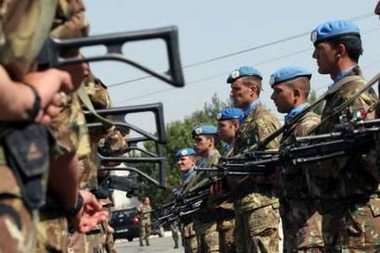 AMMAN (JT)
AMMAN (JT)
The Druze are basically a united bloc. They blame the Syrians and the Iranians for the war," said Mohammad Masri, a fellow at the CSS, which periodically conducts surveys in the region. The Shiites also presented a unified opinion, he said, but they instead "sided with Hizbollah and blame the American-Israeli idea of a ‘new Middle East’ for starting the conflict".
Differences across religious lines were also highlighted over Hizbollah’s capture of two Israeli soldiers — which was one of the events that sparked the six-week war. The majority of Shiites agreed that Hizbollah’s capture of the soldiers was justified while alternatively, the majority of Druze disagreed.
Stuck in the middle of these two groups were the Christians and Sunnis, who appear more divided about their opinions of the conflict.
"There tend to be multiple poles of opinions among these two groups," Masri said, referring to internal disputes between rival political figures in each of the religious groups.
Taken as a whole, half of all Lebanese believed that Lebanon came out as the biggest loser and 37 per cent say Israel came out on the bottom. But, surprisingly, 78 per cent believe that the war would have happened whether Hizbollah captured the Israeli soldiers or not. According to Masri, this means "that the majority of Lebanese society was not harshly blaming Hizbollah for the war because they believed it would have happened anyway".
The poll sample of 1,200 Lebanese included Druze, Christians, Shiites and Sunnis. The margin of error was 2-3 per cent. The survey did not break down Lebanon’s Christian communities into their separate denominations.
The July 12 to August 14 conflict claimed roughly 1,500 lives, mostly Lebanese civilians, displaced at least one million Lebanese, and cost the country billions of dollars in damaged infrastructure. Hizbollah and Israel accuse each other of committing war crimes.



